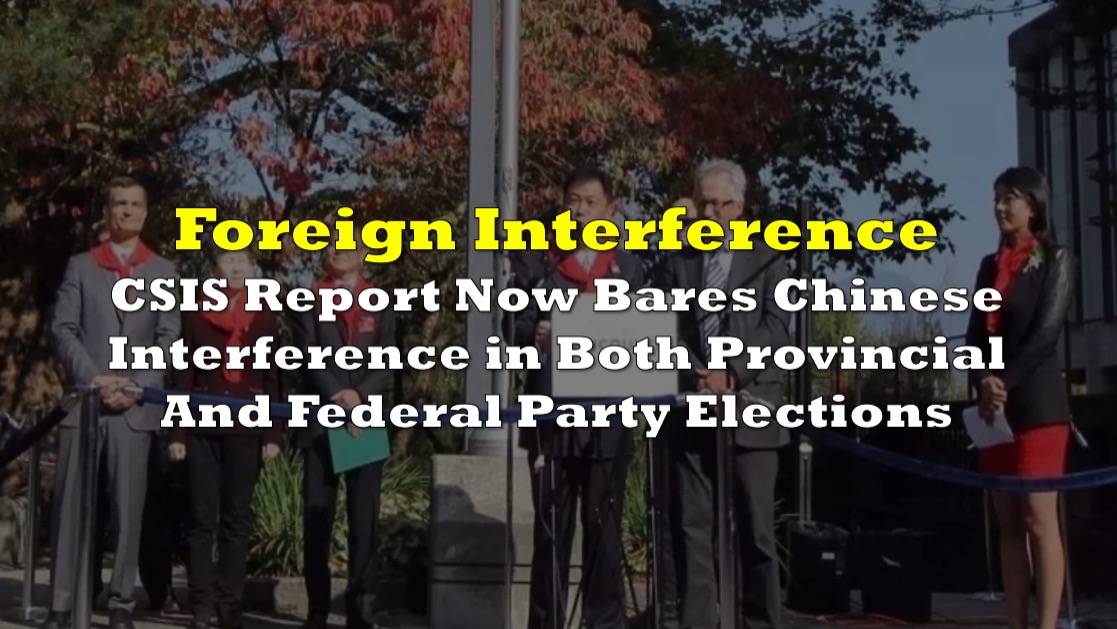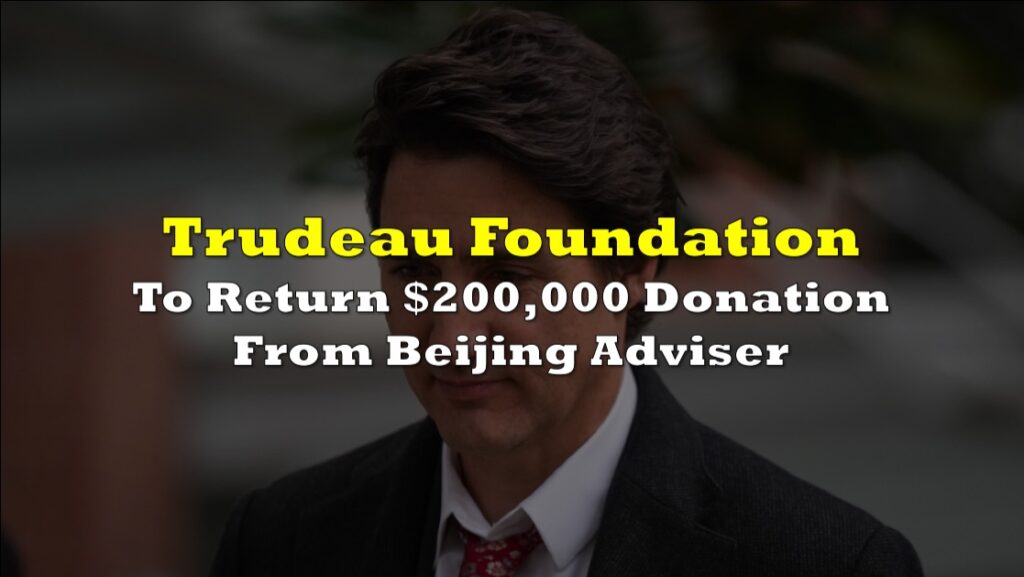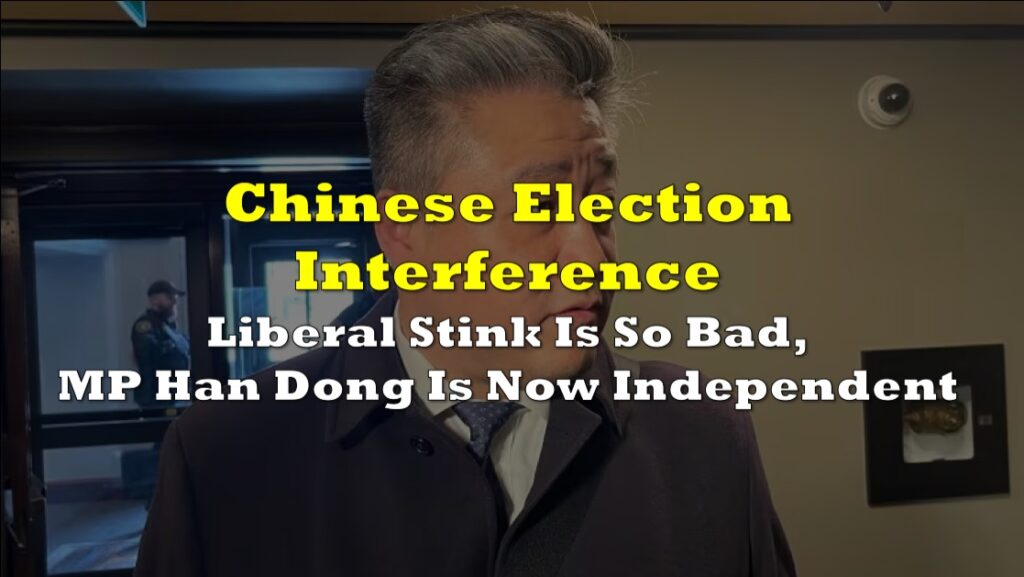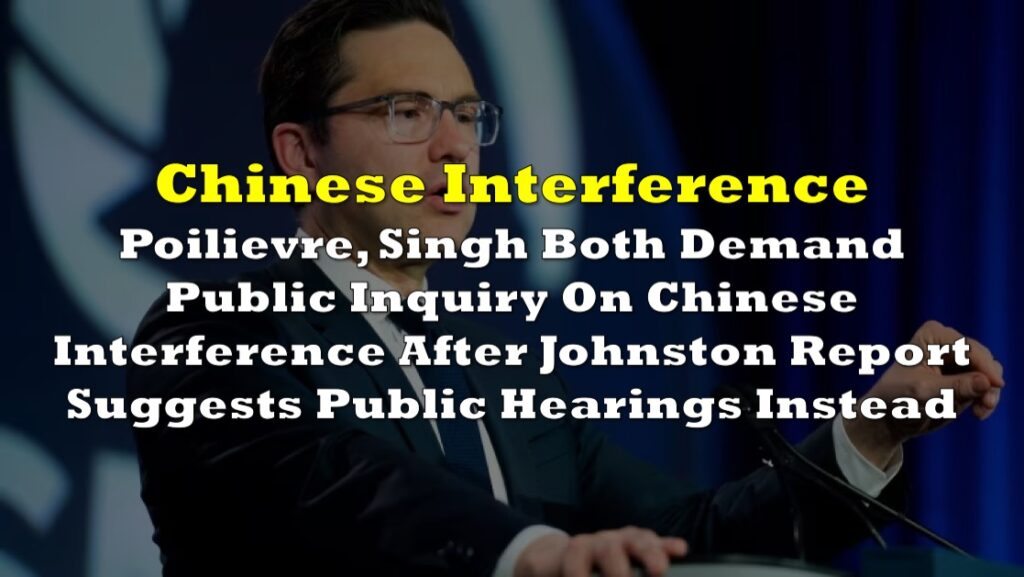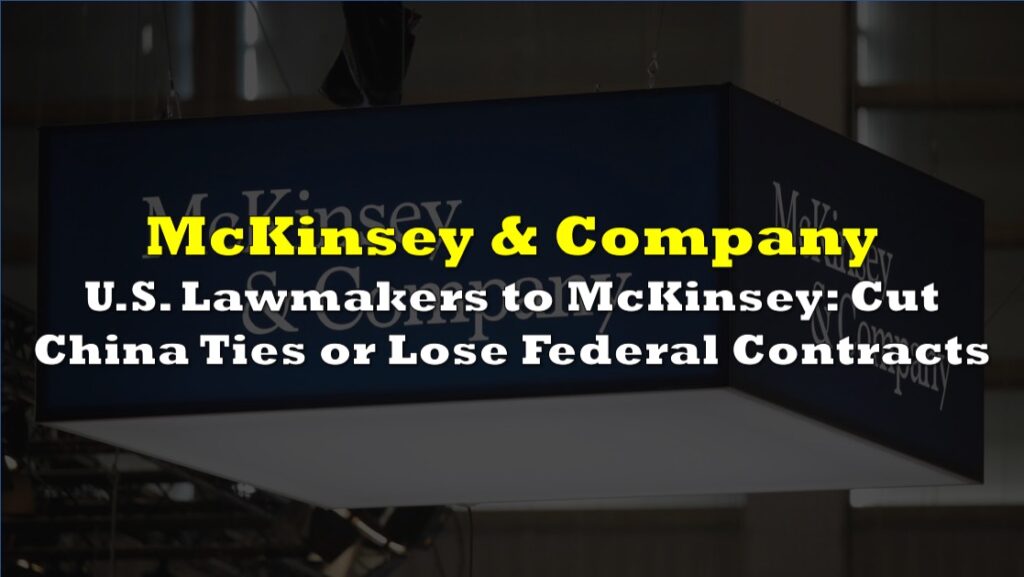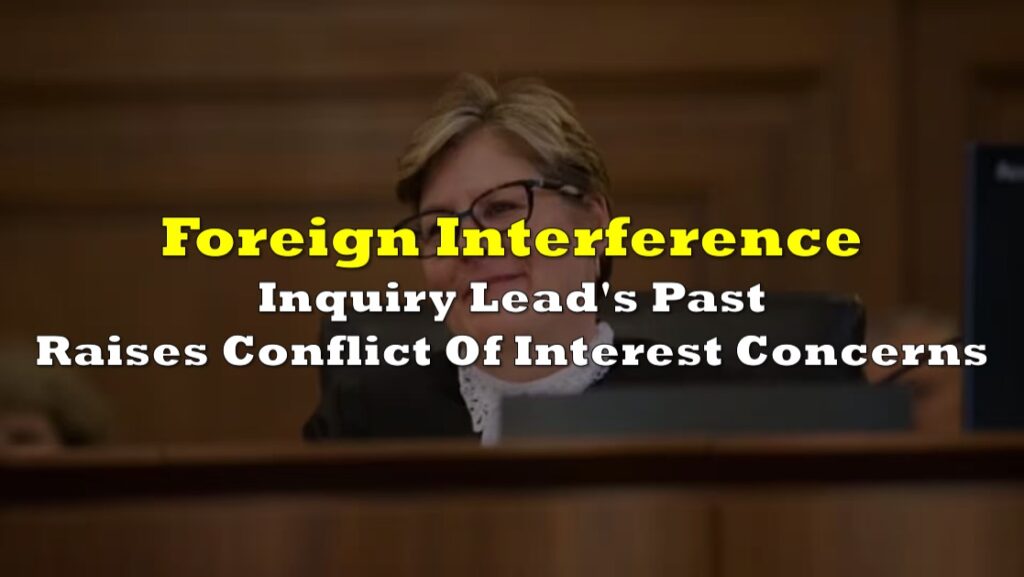In 2022, a senior Canadian politician vying for leadership within a provincial political party allegedly held a covert meeting with officials at a Chinese Consulate, subsequently garnering China’s support and campaign backing from Consulate proxies. These details were disclosed in a comprehensive CSIS “Intelligence Assessment” dated October 31, 2022, outlining Beijing’s attempts to influence leaders across various Canadian political levels.
Former Vancouver mayor Kennedy Stewart emphasizes the need for a broader investigation, criticizing the current federal inquiry’s limited focus on the 2019 and 2021 federal elections. The report highlights concerns from political experts, indicating that interference actors and activities can span various levels of government.
Former Vancouver Mayor @kennedystewart says he suspects most of Vancouver’s development is driven by investors from Mainland China, and Vancouver developers effectively control the majority of municipal campaign donations.#vanre #vanpoli https://t.co/KwTom8Gy67
— Rohana Rezel 🐘 @rohanarezel@vindi.ca (@rohanarezel) November 25, 2023
The report asserts that in June 2022, Chinese officials arranged a clandestine meeting with an elected provincial official referred to as “CA3,” with indications pointing to a candidate in either Alberta or British Columbia. Both the B.C. NDP and Alberta United Conservatives were the only provincial parties reportedly selecting leaders during the mentioned timeframe. However, when questioned, both parties denied any knowledge of the alleged Consulate meeting.
The CSIS Intelligence Assessment extends beyond a singular provincial leadership campaign, suggesting that People’s Republic of China (PRC) proxies also infiltrated the federal Conservative’s 2022 leadership contest. The report claims that proxies aimed to influence the party’s stance on China by supporting an unidentified candidate, following disinformation attacks during the fall 2021 federal election.
Additionally, the document refers to a “CA1,” believed to be Candidate 1, noting a meeting with Consulate endorsement. However, the report does not disclose the identity of Candidate 1.
Financial Infiltration and Covert Support
The Intelligence Assessment also details instances of hostile states secretly financing preferred candidates through community networks in Canada, citing examples from a specific Canadian city where a Chinese Consulate mobilized co-opted community groups to clandestinely channel funds to an unidentified mayoral candidate in 2018 and 2022.
The report underscores British Columbia as a hotspot for Chinese election interference, referencing an attack on former Vancouver-area Conservative MP Kenny Chiu in the 2021 election. The Intelligence Assessment’s claims of clandestine financial support for a mayoral candidate align with allegations in another Top Secret CSIS report involving Vancouver’s Consul General, Tong Xiaoling.
The B.C. NDP, Alberta Conservatives, and other politicians mentioned in the report vehemently deny the allegations, emphasizing the lack of evidence and the intelligence nature of the information. The Royal Canadian Mounted Police (RCMP) states it is assessing information related to foreign actor interference, including electoral interference.
Alleged Covert Consulate Meeting Details
The CSIS document describes the alleged June 2022 meeting between the provincial official (“CA3”) and Chinese Consulate officials, arranged through a “trusted contact.” The meeting was purportedly conducted with secrecy measures, including a separate entrance and a location within the Consulate where outsiders couldn’t observe.
Sinologist and former Canadian diplomat Charles Burton expresses shock at the idea of a Canadian political candidate making a clandestine visit to a Chinese diplomatic facility. He raises concerns about the potential secure environment in which the meeting could have taken place.
The report does not reveal the identity of “CA3” or the mayoral candidate allegedly supported by the Chinese Consulate.
While the Intelligence Assessment does not imply that the provincially elected official or the mayoral candidate knowingly accepted support from China, it emphasizes that the information presented is intelligence and not proven evidence in election interference investigations.
The broader implications of the CSIS findings reveal gaps in Ottawa’s foreign interference inquiry, which was limited to the 2019 and 2021 federal elections.
Despite the seriousness of the allegations, it is essential to note that investigations are ongoing, and no conclusions have been reached regarding the validity of the claims.
Information for this briefing was found via The Bureau and the sources mentioned. The author has no securities or affiliations related to this organization. Not a recommendation to buy or sell. Always do additional research and consult a professional before purchasing a security. The author holds no licenses.

